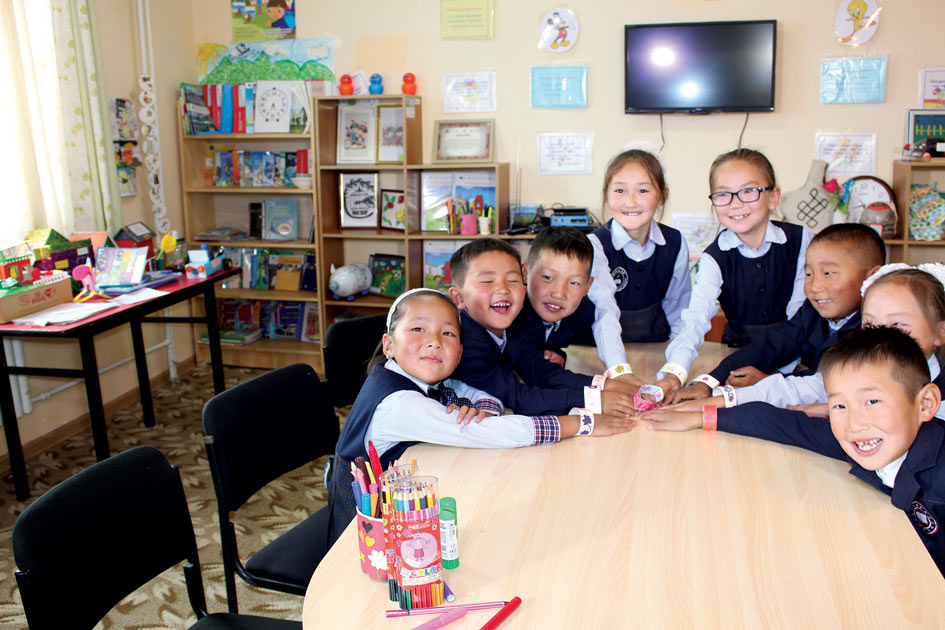"Enabling Equity to Advance Learning" Project
Save the Children Japan in Mongolia is working as a Grant Agent under the "Enabling Equity to Advance Learning" Project which is financed by the Global Partnership for Education and implemented by the Ministry of Education and Science for the three years /2022-2025/.
The project will be focusing on three education sector priorities, Inclusive Education, School Feeding Programs, and Blended Learning which will be supported by multiplier partners – JICA, KOICA, Save the Children, and other development partners in Mongolia.

